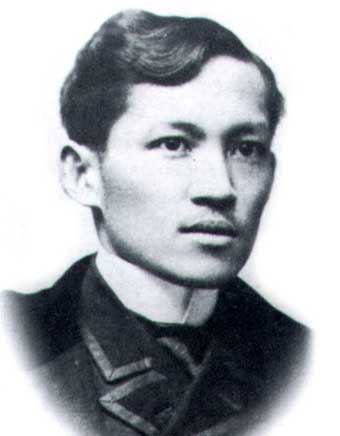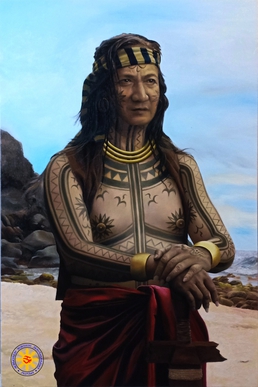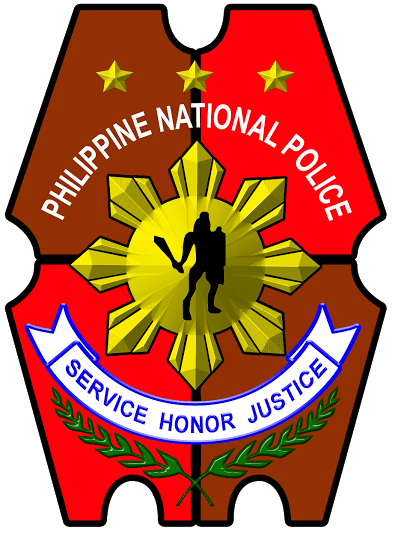National Heroes Day: Our heroes from the distant and not-too-distant past
Today, August 28, Filipinos celebrate our heroes, not one or two, but the many men and women who played a role in the history of the Philippines.
Today, August 28, Filipinos celebrate our heroes, not one or two, but the many men and women who played a role in the history of the Philippines.
According to the Philippine Gazette: “Our national heroes are often portrayed as a pantheon of distinct and powerful personalities who have managed to get their names published in our history books by virtue of their words or actions.
“But National Heroes Day specifies no hero; the law that put into practice the celebration does not name a single one. And this lack of specifics offers an opportunity to celebrate the bravery of not one, not a few, but all Filipino heroes who have braved death or persecution for home, nation, justice, and freedom.”
We have many heroes, those who had given their lives to fight for independence and those who had risked their lives, and many of them have died, to fight in a recent battle not against foreign forces but against Covid. On National Heroes Day in 2020, President Duterte paid tribute to these heroes who “risked their lives fighting a different kind of enemy.”
In 1995, nine historical figures were recommended by the National Heroes Committee to be recognized as national heroes: Jose Rizal, Andres Bonifacio, Emilio Aguinaldo, Apolinario Mabini, Marcelo H. del Pilar, Sultan Dipatuan Kudarat, Juan Luna, Melchora Aquino, and Gabriela Silang. There was no action made on the recommendation.
Jose Rizal, widely considered as our National Hero, has not been officially recognized through a law or proclamation. The day of his execution on Dec. 30, is commemorated as Rizal Day, and is a holiday.

The birth anniversary of Andres Bonifacio on Nov. 30, which is commemorated as Bonifacio Day, is also a holiday.
The nine historical figures who are celebrated as national heroes even without an official proclamation, are remembered for their significant contributions to our independence. The move was encouraged by the late President Fidel Ramos “in recognition of their sterling character and remarkable achievement for the country,” reports said.

Here's a brief description of the significant contributions of four in that list:
Marcelo H. Del Pilar is known as the Philippine revolutionary propagandist and the “Father of Filipino Journalism.” His articles related the oppressive acts of the Spanish government.
Juan Novia Luna, an artist and political activist, is known for his famous paintings “Spolarium,” “Blood Compact’, and “The Death of Cleopatra.” Some of his paintings had political commentary.
Melchora Aquino, the mother of the revolution, sheltered and cared for Filipino soldiers and also housed the secret meetings of the Katipuneros. She is known as “Tandang Sora.”
Maria Josefa Gabriela led the revolutionary movement in Ilocos after her husband was assassinated.
Not in the list likely because he was way ahead of the time when thoughts of the revolution came about is Lapulapu who is regarded by many as the “great Filipino hero of Mactan”.
History tells us that Lapulapu and his troops fought against Magellan and killed him on April 27, 1521, pushing the Spanish expedition away from the Philippines. According to some history books, that delayed the Spanish occupation of the islands by over 40 years.

The badge of the Philippine National Police has the image of Lapulapu. On the PNP website, he is described as: “The great Filipino hero of Mactan, the prototype of the best and most noble in Filipino manhood who is the symbol and embodiment of all the genuine attributes of leadership, courage, nationalism, self-reliance and a people-based and people powered community defense.

“The benevolent and heroic warrior who derived added strength from a cohesive, determined and loyal people is today a fitting symbol and a prototype as well of people power to preserve our values, customs, traditions, way of life and the rule of law through a solidly community-based police system. Lapu-Lapu also personifies for us today civilian constitutional authority.”
The PNP page tells the police men and women who wear the badge: “At the center of your badge is the PNP seal held bravely by our hero Lapulapu, the first Filipino to defend our country against foreign invaders despite being inferiorly equipped.”
In 2017, the date of the Battle of Mactan – April 27 – was declared by President Duterte, through Republic Act 11040, as Lapulapu Day to honor what many regard as “the first hero who defeated foreign rule.”
Let us continue to honor – and get to know – our heroes from the distant and not-too-distant past. We owe them our freedom.
If you have a hero you would like to tell us about, email [email protected]